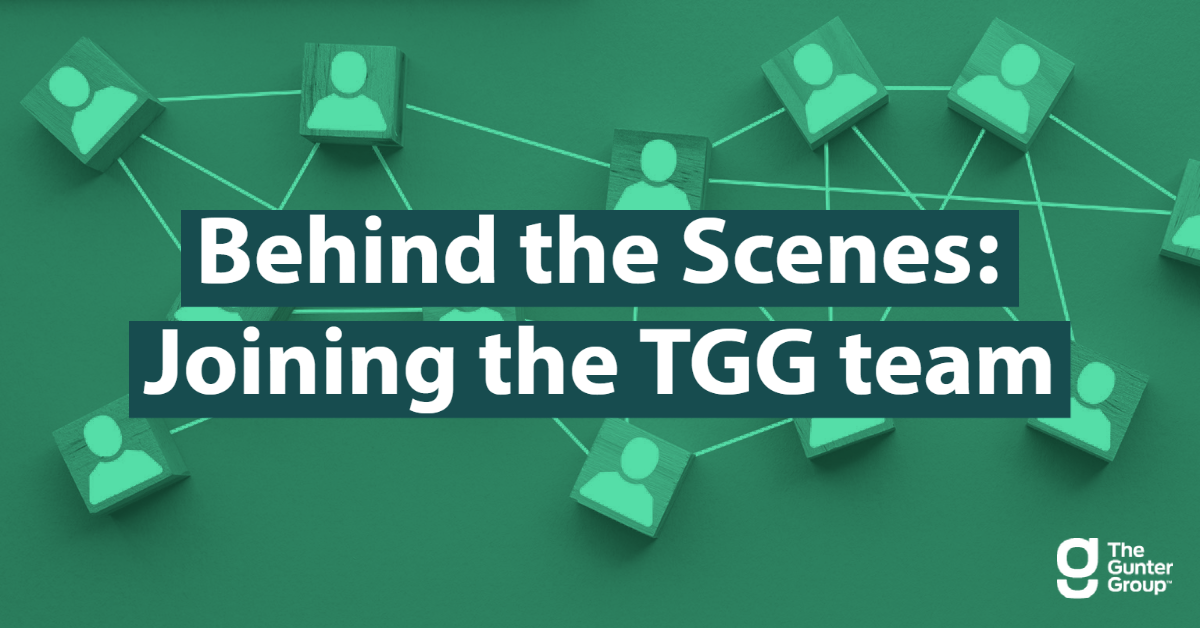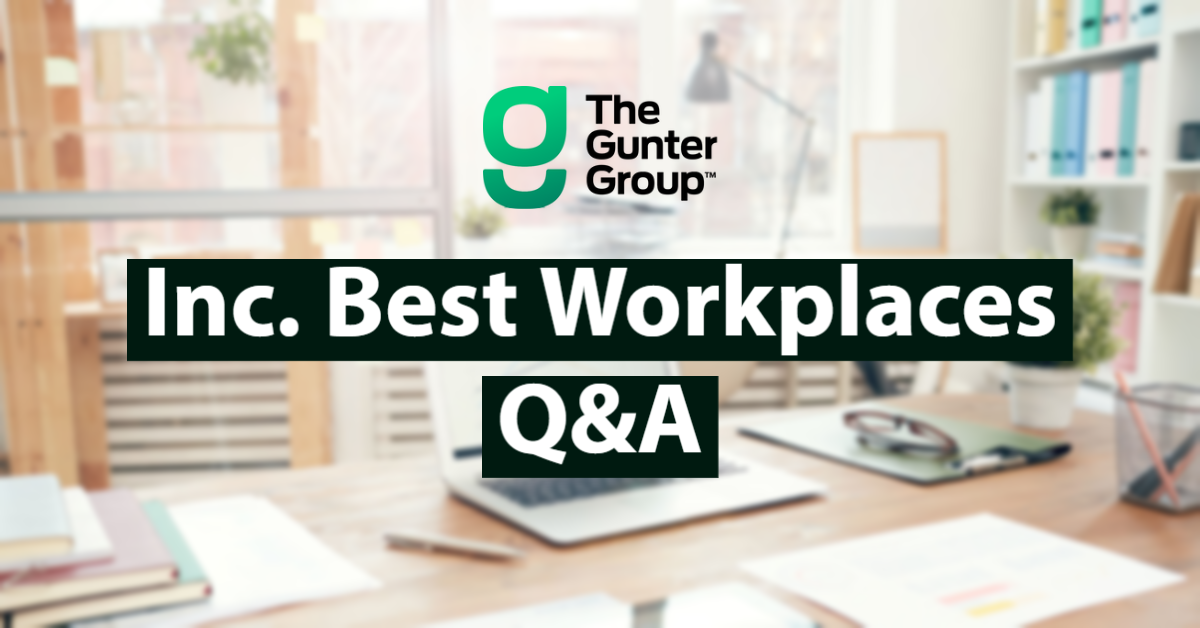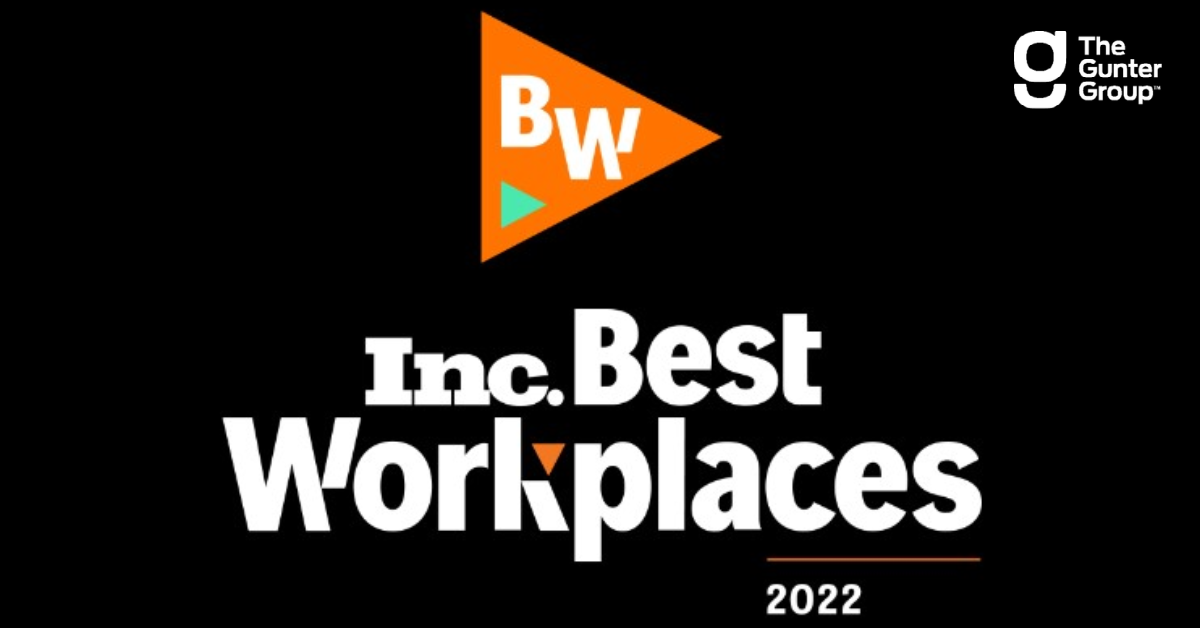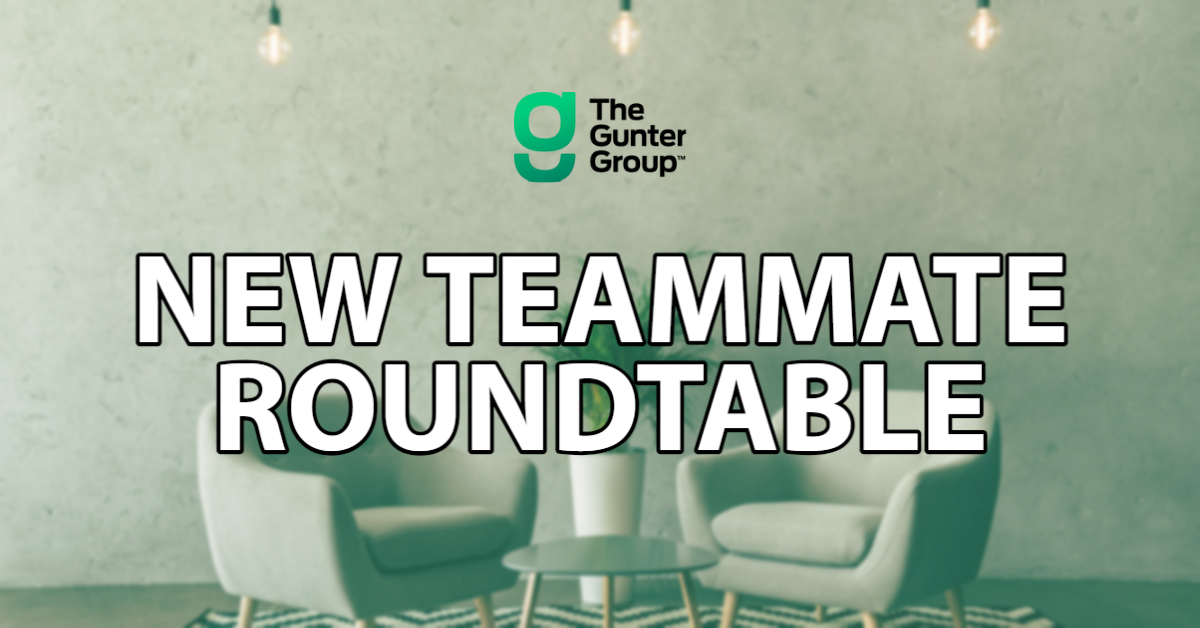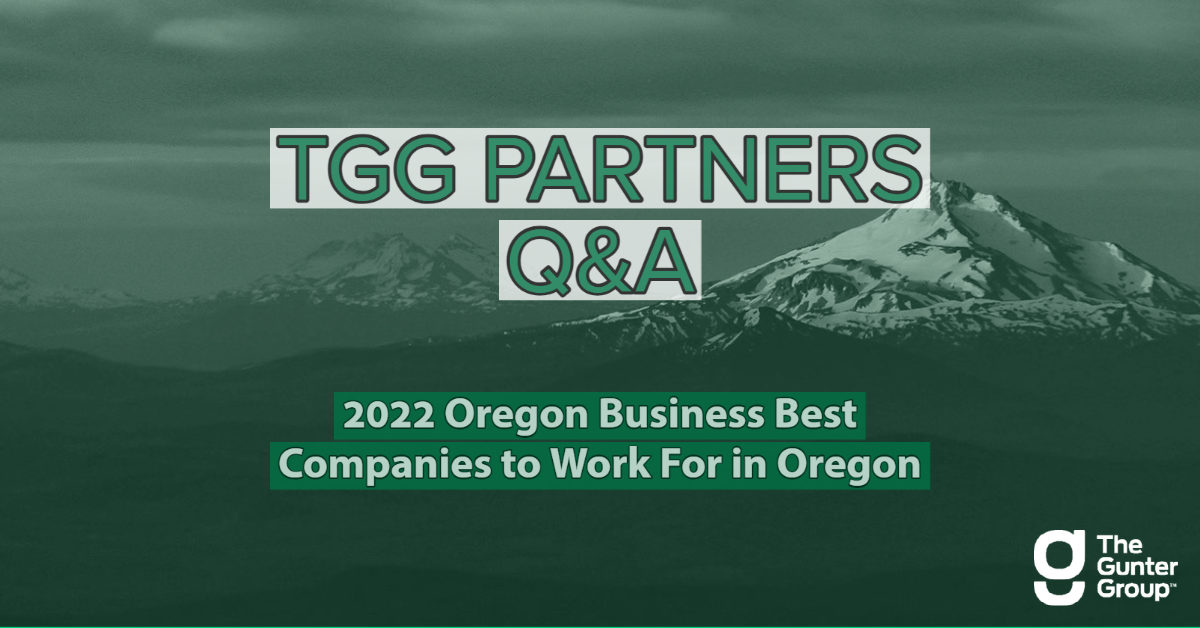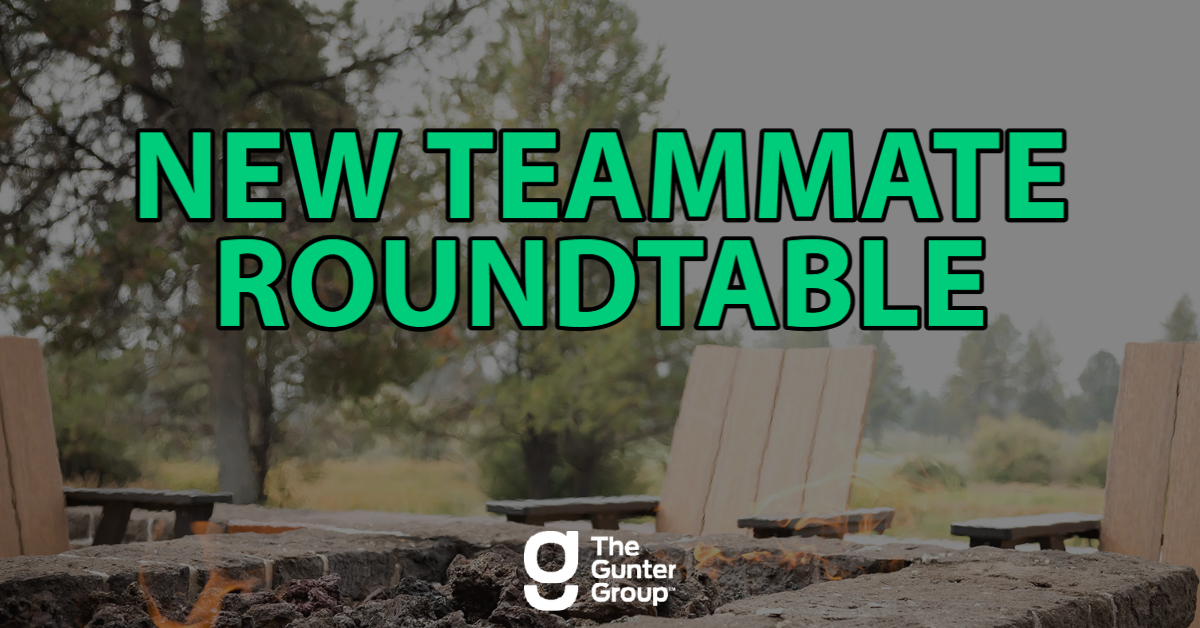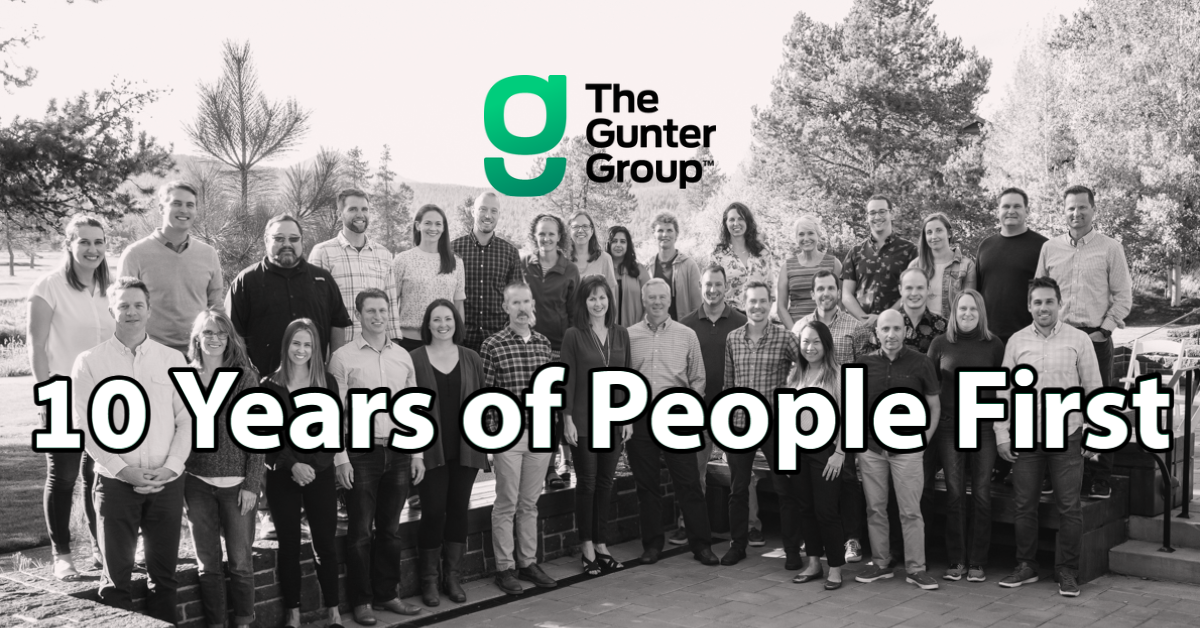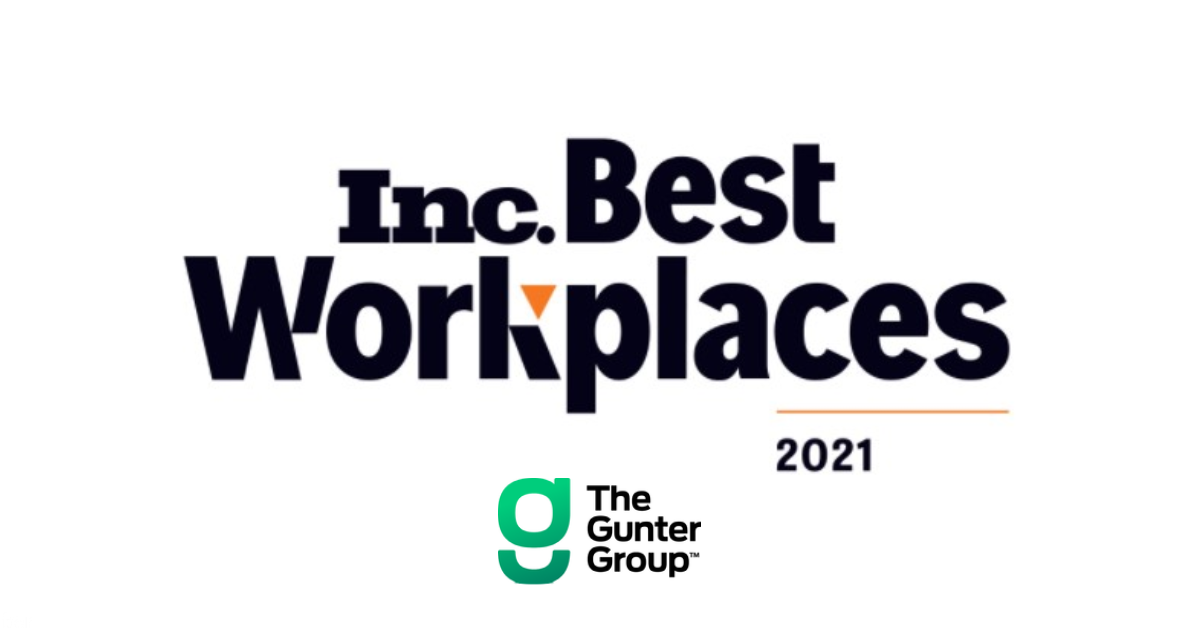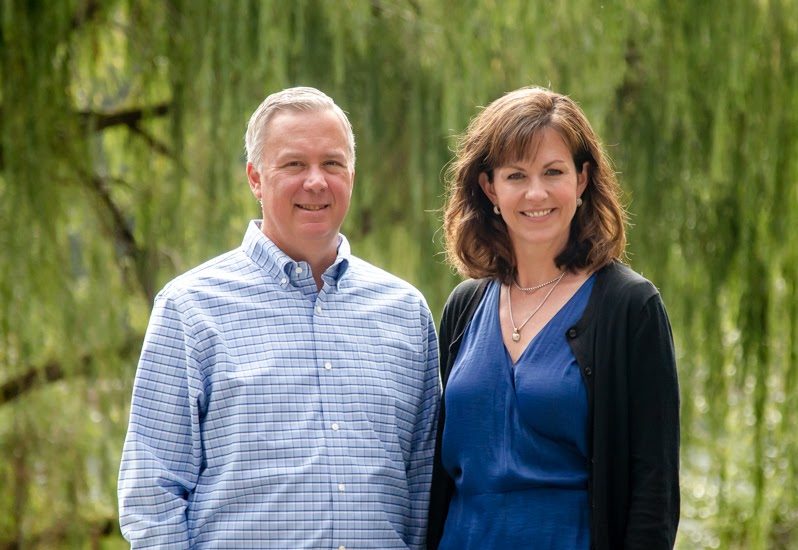Many members of The Gunter Group have a unique story in regards to their transition to TGG. Today we take a behind the scenes look at what it’s like to join the TGG team.
Tag Archives: Culture
BEHIND THE SCENES:
INC. BEST WORKPLACES Q&A
Three TGG team members share what makes Inc.’s national recognition special and why The Gunter Group culture is so unique.
TGG RECOGNIZED ON NATIONAL BEST WORKPLACES LIST
The Gunter Group has been named to Inc. Magazine’s highly competitive list of Best Workplaces for 2022.
NEW TEAMMATE ROUNDTABLE
We recently sat down with three teammates who joined TGG in the last six months to discuss their transition to, and time with, The Gunter Group. The conversation ranged from first impressions, to client work, and even TGG’s infamous swag.
TGG PARTNERS Q&A – 2022 OREGON BUSINESS AWARD
Last week, The Gunter Group was recognized as the #3 Best Company to Work For in Oregon in the medium-sized business category, according to Oregon Business. We visited with TGG’s partners to hear more about what makes the 2022 Oregon Business honor special.
NEW TEAMMATE ROUNDTABLE
Recently, we held a TGG Roundtable with three teammates who joined us this year to discuss their transition to, and time with, The Gunter Group. The conversation ranged from first impressions, to client work, and even TGG’s four legged friends.
10 YEARS OF PEOPLE FIRST
Every decision we make comes back to people. Discover how seven focused themes help us identify and understand a person’s unique potential.
INC. MAGAZINE NAMES TGG BEST WORKPLACE FOR 2021
The Gunter Group has been named to Inc. Magazine’s highly competitive list of Best Workplaces for 2021. The Gunter Group was also recognized on the selective Best Workplaces Editors’ List.
MIKE & ASHLEIGH GUNTER:
LOOKING BACK & LOOKING AHEAD
We are really excited to be celebrating The Gunter Group’s 10 year anniversary! It has been an incredible journey these past 10 years, and we have so much for which to be thankful and proud.
